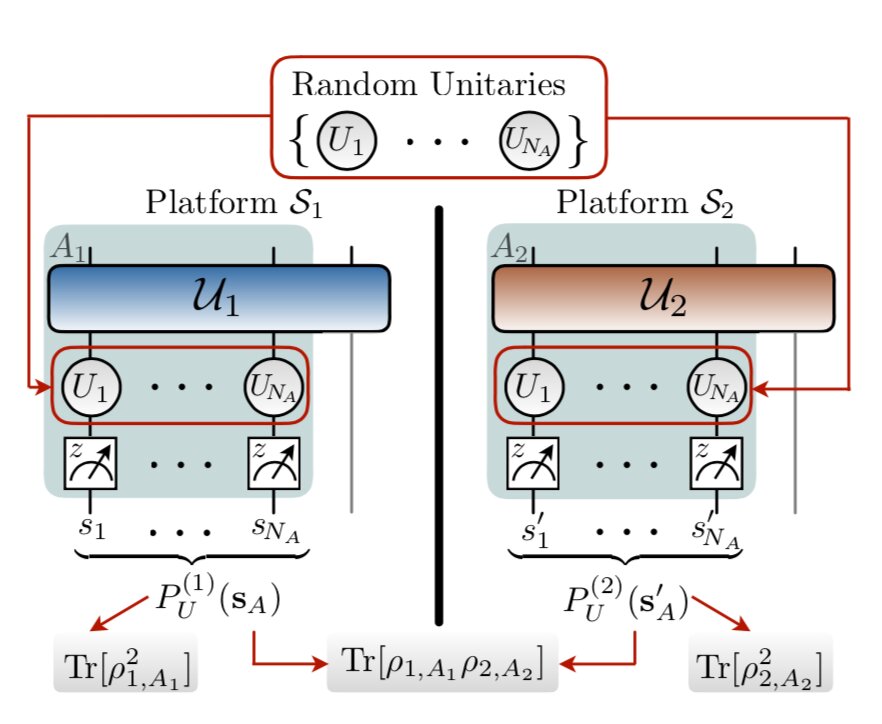
A team of researchers from the University of Innsbruck and the Austrian Academy of Sciences has developed a way to verify the output from one quantum computer by comparing it to the output of another quantum computer.
Verifying the results of small quantum computers with just a few qubits is straightforward: just compare the results with the output from a traditional computer. In a system with more qubits, however, this approach becomes unfeasible because it requires too much traditional computing power.
Another way to verify the results produced by one quantum computer would be to compare them with the output from another quantum computer. But even identical quantum computers will not produce identical results. With quantum computers, it is the probabilities for the outputs they produce, rather than the outputs, that are the same.
The researchers tested their approach on a 10-qubit trapped-ion quantum simulator and found it gave a high initial fidelity of 0.97, which decreased, unfortunately, due to complications involving many bodied states, falling back to 0.7.
Their paper is published in the journal Physical Review Letters. (Phys.org)
